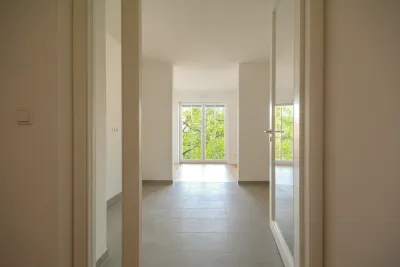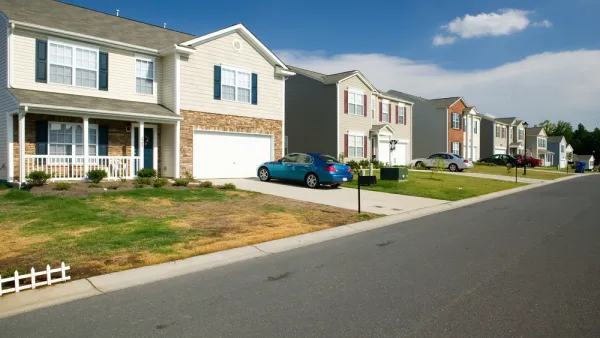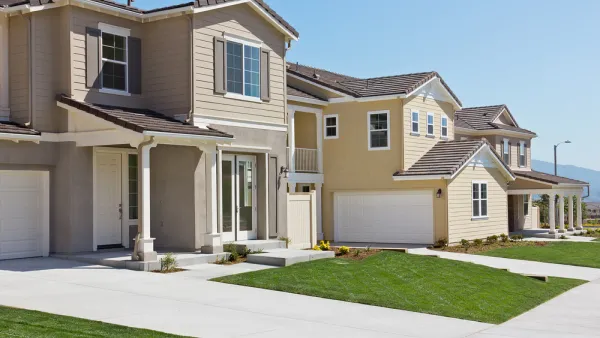Research published last year, and explained recently in the Harvard Business Review, measures the effect of Airbnb in the housing market, and goes a step further to explain the economics of that effect.

Kyle Barron, Edward Kung, and Davide Proserpio shares the findings of new research into the effects of Airbnb in the housing market, and to begin providing empirical evidence on the subject, when previously there had been mostly propaganda on either side of the issue.
In the preparation of a working paper published in 2018, Barron Kung, and Proserpio collected data from three sources: "(1) consumer-facing information, from Airbnb, about the complete set of Airbnb properties in the U.S. (there are more than 1 million) and the hosts who offer them; (2) ZIP code–level information, from Zillow, about rental rates and housing prices in the U.S. real estate market; and (3) ZIP code–level data from the American Community Survey, an ongoing survey by the U.S. Census Bureau, including median household incomes, populations, employment rates, and education levels."
As for findings: the researchers report "[that] a 1% increase in Airbnb listings is causally associated with a 0.018% increase in rental rates and a 0.026% increase in house prices. While these effects may seem very small, consider that Airbnb’s year-over-year average growth is about 44%."
"This means that, in aggregate, the growth in home-sharing through Airbnb contributes to about one-fifth of the average annual increase in U.S. rents and about one-seventh of the average annual increase in U.S. housing prices."
The researchers goes further, however, and also report two characteristics of the economy that produce that effect in the housing market.
"First, we show that ZIP codes with higher owner-occupancy rates (the fraction of properties occupied by the owners themselves) are less affected by Airbnb," according to the trio. "Second, we present evidence that Airbnb affects the housing market through the reallocation of housing stock."
The article's statement about what those findings mean will fall like a thud for anyone interested in the affordability of housing and access to housing as a tool for economic security and mobility: "absentee landlords are moving their properties out of the long-term rental and for-sale markets and into the short-term rental market."
FULL STORY: Research: When Airbnb Listings in a City Increase, So Do Rent Prices

Analysis: Cybertruck Fatality Rate Far Exceeds That of Ford Pinto
The Tesla Cybertruck was recalled seven times last year.

National Parks Layoffs Will Cause Communities to Lose Billions
Thousands of essential park workers were laid off this week, just before the busy spring break season.

Retro-silient?: America’s First “Eco-burb,” The Woodlands Turns 50
A master-planned community north of Houston offers lessons on green infrastructure and resilient design, but falls short of its founder’s lofty affordability and walkability goals.

Test News Post 1
This is a summary

Analysis: Cybertruck Fatality Rate Far Exceeds That of Ford Pinto
The Tesla Cybertruck was recalled seven times last year.

Test News Headline 46
Test for the image on the front page.
Urban Design for Planners 1: Software Tools
This six-course series explores essential urban design concepts using open source software and equips planners with the tools they need to participate fully in the urban design process.
Planning for Universal Design
Learn the tools for implementing Universal Design in planning regulations.
EMC Planning Group, Inc.
Planetizen
Planetizen
Mpact (formerly Rail~Volution)
Great Falls Development Authority, Inc.
HUDs Office of Policy Development and Research
NYU Wagner Graduate School of Public Service




























